István Tiborcz, Prime Minister Viktor Orbán’s son-in-law, first appeared on the list of Hungary’s top 100 wealthiest people in 2019. Since then, his wealth has tripled, recently ranking 19th and entering the (forint) centibillionaire’s club. This growth is largely attributed to his extensive real estate empire; among other ventures, an entire hotel chain has been developed under the BDPST brand in the past five years.
Tiborcz’s central asset management company, BDPST Real Estate Management and Capital Investment Plc. – where the Prime Minister’s daughter, Ráhel Orbán, serves as creative director – has been a veritable money printing machine. Between 2019 and 2023, it
A substantial portion of this amount went to the owners, as recorded in the general meeting minutes, with 5.5 billion forints taken out as dividends. Yet, not a single penny was paid in corporate income tax.
 FARKAS NORBERT / 24.HU Ráhel Orbán and István Tiborcz.
FARKAS NORBERT / 24.HU Ráhel Orbán and István Tiborcz.For five years, the company has managed to reduce its tax liability to zero, a practice extending across the entire group of companies.
At the end of last year, BDPST had 16 affiliated enterprises, and the balance sheets show that of the profitable companies within the group,
An exceptional case was Geraldton Invest Plc., owner of the Gellért Hotel, which enriched the state budget with 44 million forints in 2022 – a little less than 0.2 per cent of its 25 billion HUF profit for the year. Typically, however, the group’s companies made efforts to retain even the smallest amounts of a few millions; for example, BDPST – Serbia Plc. offset a profit of 8.759 million forints – achieved in 2022, its only profitable year – with a tax deduction of the exact same amount.
Eight years ago, Finance Minister Mihály Varga proposed – as part of a tax law amendment package – to allow domestic companies to reduce their tax base by twice the investment value when renovating landmark or locally protected properties. This 2017 amendment also allowed companies to spread the deduction out over a five-year period, and in case they lacked sufficient profits, pass the deduction to affiliated companies. The deduction can be spread between parent and subsidiary companies as well as jointly managed enterprises within a given group.

These benefits can be best utilised by company groups with a substantial real estate portfolio, the means to finance landmark renovations, and a number of profitable subsidiaries. Tiborcz’s empire fits this model perfectly: it bought landmark properties in quick succession, had ample access to loans thanks to the generosity of the government’s MFB Hungarian Development Bank Plc., and weaved a network of companies to manage these transactions.
István Tiborcz entered the landmark property business at the end of 2015, yet the acquisitions of prestigious downtown properties, as well as mansions and palaces in Budapest and the countryside, were kept under wraps for a while. It wasn’t until 2018 that the prime minister’s son-in-law publicly acknowledged his ownership of BDPST Plc. Thanks to the amendment, the renovation projects funded primarily by loans resulted in about 30 billion in tax base deductions between 2019 and 2023, of which the group applied just enough each year to avoid paying corporate tax.
In response to a public data request via Kimittud.hu this summer, the National Tax and Customs Administration (NAV) aggregated the total amount of these landmark tax base deductions transferred among domestic companies. Between 2018 and 2022, a sum of 36.8 billion HUF was exchanged between various enterprises, making it rather clear that the primary beneficiaries of this opportunity were Tiborcz and his associates.
Tura Castle Hotel – 8.5 billion
We discovered BDPST Group’s tax relief manoeuvres while preparing our article on Tura Castle. From November, the 19-room luxury building will cease to operate as a hotel, with Tiborcz’s group laying off most employees and repurposing the property for more profitable large events. The restoration of the 140-year-old Schossberger Castle was originally estimated to cost 4.5 billion forints, and the venue opened in 2020 as the five-star Botaniq Hotel. TRA Real Estate Ltd. was in charge of both renovation and eventual operation, incurring heavy losses over recent years and staying afloat solely due to capital injections from its parent company, BDPST Plc. However, during its operation, TRA transferred tax reliefs totalling 8.5 billion forints to affiliated companies. It was later revealed that these transfers benefited not only the parent company, but also other members of the group.
 MARJAI JÁNOS / 24.HU
MARJAI JÁNOS / 24.HUThe system worked as follows: in 2022 for example, BDPST Plc. reported a pre-tax profit of 21.5 billion forints. After deducting dividends received from subsidiaries, gains from the sale of holdings, depreciation, and tax relief from landmark renovations, the company’s tax liability was reduced to zero. The second largest tax-deductible item was a 6.1 billion forint landmark tax incentive, originating from its subsidiary Dorottya Investment Plc., which accumulated these multi-billion deductions from the renovation of Dorothea Hotel on Dorottya Street. In total, the group’s main company utilised 8.3 billion forints in landmark tax reliefs over recent years, primarily through contributions from Dorottya Investment and the company responsible for the renovation of Tura Castle.
Consider, for example, the case of Patricius Winery Plc. In March last year, BDPST Group announced its acquisition of this prominent winery in the historic Tokaj-Hegyalja wine region, followed by Ráhel Orbán’s own vineyard purchases in the area. Under new ownership, the Bodrogkisfalud-based winery significantly improved its performance, achieving a record profit of 235 million. While the winery had previously been paying corporate tax, the tax base of this all-time high profit was eliminated using the transferrable landmark tax relief from TRA Real Estate Ltd.
The Tura-based tax deduction also zeroed out the 2021 tax base for a then-newly established company by Ráhel Orbán. BDPST Koncept Ltd. launched with the support of its parent company, but already in its first year recorded a pre-tax profit of 6.7 million forints, also remedied by landmark tax reliefs. However, BDPST Koncept is one of the rare exceptions; it didn’t utilise this opportunity in 2022 and 2023, paying around 500,000 forints in corporate tax over these two years.
Adria Palace – 7.4 billion
In 2022–2023, more than 8 billion forints of tax relief were transferred to Geraldton Invest Plc. The company in ownership of the Gellért Hotel was acquired from one of Hungary’s richest individuals, Dániel Jellinek. According to the Opten company database, BDPST took over Geraldton in December 2022. That year, the company reported a pre-tax profit of 24.7 billion forints, providing ample room to reduce the tax base, aided by a 7.44 billion forint tax relief from another group subsidiary, Z18 Real Estate Management Ltd., responsible for renovating the Adria Palace.
The adjusted corporate tax base amounts to zero forints. The pre-tax result exceeds the income-profit minimum, so no corporate tax was payable.
– the company report’s appendix states.
 SZAJKI BÁLINT / 24.HU The Adria Palace on Szabadság Square.
SZAJKI BÁLINT / 24.HU The Adria Palace on Szabadság Square.BDPST Group purchased the Adria Palace, situated on the capital’s Szabadság Square, in 2019. The purchase price for the early 1900s building, originally constructed for the Hungarian Royal Adriatic Maritime Company, was estimated by G7 to be around 4 billion forints. Z18 is responsible for the building’s renovation; initially owned directly by BDPST Plc. and later BDPST Property Ltd., the property was eventually transferred to the Central European Real Estate Fund (CEI), making Tiborcz’s interests even less traceable than before. This is the real estate fund that has acquired several properties, mostly former state-owned historic buildings and villas in Budapest areas like Andrássy Avenue, the Buda Castle, and Mártonhegy, with the investments amounting to tens of billions of forints. As HVG reported, CEI received over 28 billion forints from the Hungarian state’s Baross-program last year, enabling the continuation of Adria Palace’s halted renovations.
BDPST has just recently announced the beginning of renovations on the Gellért Hotel. As the company indicated last year, the project will comply with heritage preservation regulations, thus allowing the group continued access to tax-deductible incentives.
Dorothea Hotel – 13.5 billion
Last November, the 216-room luxury hotel Dorothea opened in downtown Budapest, created by combining three historical buildings from three different historical periods: the Futura, Mahart, and Weber houses. The complex was finished with loans totalling around 40 billion forints, tailored to the tastes of the elites. As reported by 24.hu, Tiborcz acquired these properties in 2016. The acquisition of the former Mahart headquarters was done with the assistance of Norbert Szivek – a key figure of Hungary’s privatisation wave following the system change – but late cinema tycoon Andy Vajna was also involved with the building through his casinos. Although no purchase price was disclosed, due to its location and size, this may have been the most expensive of the properties listed in our article. The details of the acquisition and the mega-loans involved are highlighted in an earlier article.
 SZAJKI BÁLINT / 24.HU The Dorothea Hotel building.
SZAJKI BÁLINT / 24.HU The Dorothea Hotel building.Generous state financing contributed to the luxury hotel’s funding, with MFB Hungarian Development Bank Plc. supporting Dorottya Investment through multiple channels, including investment and development loans, super-subsidised growth loans, and asset-based loans. At the end of 2022, MFB loans amounted to nearly 16 billion forints, with an additional 9 billion coming from another financial institution. Affiliated companies contributed roughly half this amount, with BDPST and Lexán Holding Plc. lending about 12 billion.
Despite endangering World Heritage protection, the project progressed smoothly, partly due to government measures. In 2018, for instance, a regulation amendment allowed for extensive interior alterations to the Mahart headquarters, preserving only the façade. The neighbouring Vörösmarty Square was renovated with several billion forints of public funds, and despite protests, a construction permit was issued in April 2019 for the building complex’s renovation. Work on the building began the following month, with the project declared to be of ‘special national economic importance.’
Dorottya Investment Plc., responsible for the renovation, has been the largest source of tax relief for the BDPST group, with total deductions of 13.5 billion forints approved so far, benefiting BDPST as well as four subsidiaries. For example, Bár-Co Ltd. – previously part of Andy Vajna’s portfolio, collecting rent from the casino operator – received 3.6 billion. Nearly 1.4 billion went to VSGRD Ltd. which BDPST acquired from Norbert Szivek’s interests, later passing it on to deep construction billionaire László Szíjj. Under Tiborcz’s ownership in 2019, the Hotel VSGRD project generated a pre-tax profit of over 1.2 billion forints, largely from the sale of the hotel commonly referred to as the “glass mountain”. All in all, the billion-forint tax base reduction opportunity proved highly beneficial to Tiborcz and his associates.
Fortuna House – 800 million forints
The smallest acquisition is the uniquely located residential building at 11 Fortuna Street in the Buda Castle District. This property is just a few hundred meters from the Prime Minister’s headquarters at the Carmelite Monastery and was acquired by István Tiborcz through IBC Real Estate Ltd. in 2019 for 370 million forints, after the Buda Castle District municipality waived its pre-emption right. The renovation plans outlined a luxury family residence with a living area expanded to 800-square metres, a climate-controlled wine vault, cigar lounge, and movie room. Back then, reports suggested an estimated investment cost of 115 million forints, although it’s unclear from IBC’s financials what the final total was. What’s evident is that IBC allocated a total of 800 million forints in tax credits – available after landmark heritage renovations – to other affiliates within the group.
Since late August, the luxury house on Fortuna Street has been registered as Tiborcz’s residence in BDPST Plcs.’s company documents, and in February, Prime Minister Viktor Orbán held an informal government meeting in the building.
 MARJAI JÁNOS / 24.HU 11 Fortuna Street in 2019, before renovation.
MARJAI JÁNOS / 24.HU 11 Fortuna Street in 2019, before renovation.We reviewed seven historic buildings in the BDPST Group portfolio and their associated company network based on annual reports. It appears that substantial state support, billions in public financing, and perfectly optimised tax strategies have enabled Tiborcz’s group
The system still has ample reserves. As of the end of last year, Dorottya Investment Plc. had recorded a total of 21.7 billion forints in tax relief, of which approximately 6 billion had been utilised, leaving double that amount still available. Not to mention the Gellért Hotel acquired by the network through Geraldton Invest Plc., which has not yet begun renovations but is also expected to yield significant tax benefits. Its previous owner, Dániel Jellinek, estimated renovation costs to be around 60 million euros (24 billion forints) in 2019, before the following surge in construction costs.
As for the results so far:
- a castle hotel, now reserved for private events,
- a massive luxury hotel in downtown Budapest,
- and a luxury family residence in the Buda Castle District.
All three properties are owned by BDPST, and it seems the historic residential building is used by István Tiborcz himself. Whether these renovated landmark properties will ever generate profit for the owners through business operation or are meant for eventual sale remains unknown. In any case, a recently proposed amendment package to the tax laws, now open for public consultation, again includes a provision dealing with heritage property taxation. Starting next year,
The post Despite generating enormous profits, the crown jewel of István Tiborcz’s empire has not paid a single forint in taxes on its earnings first appeared on 24.hu.

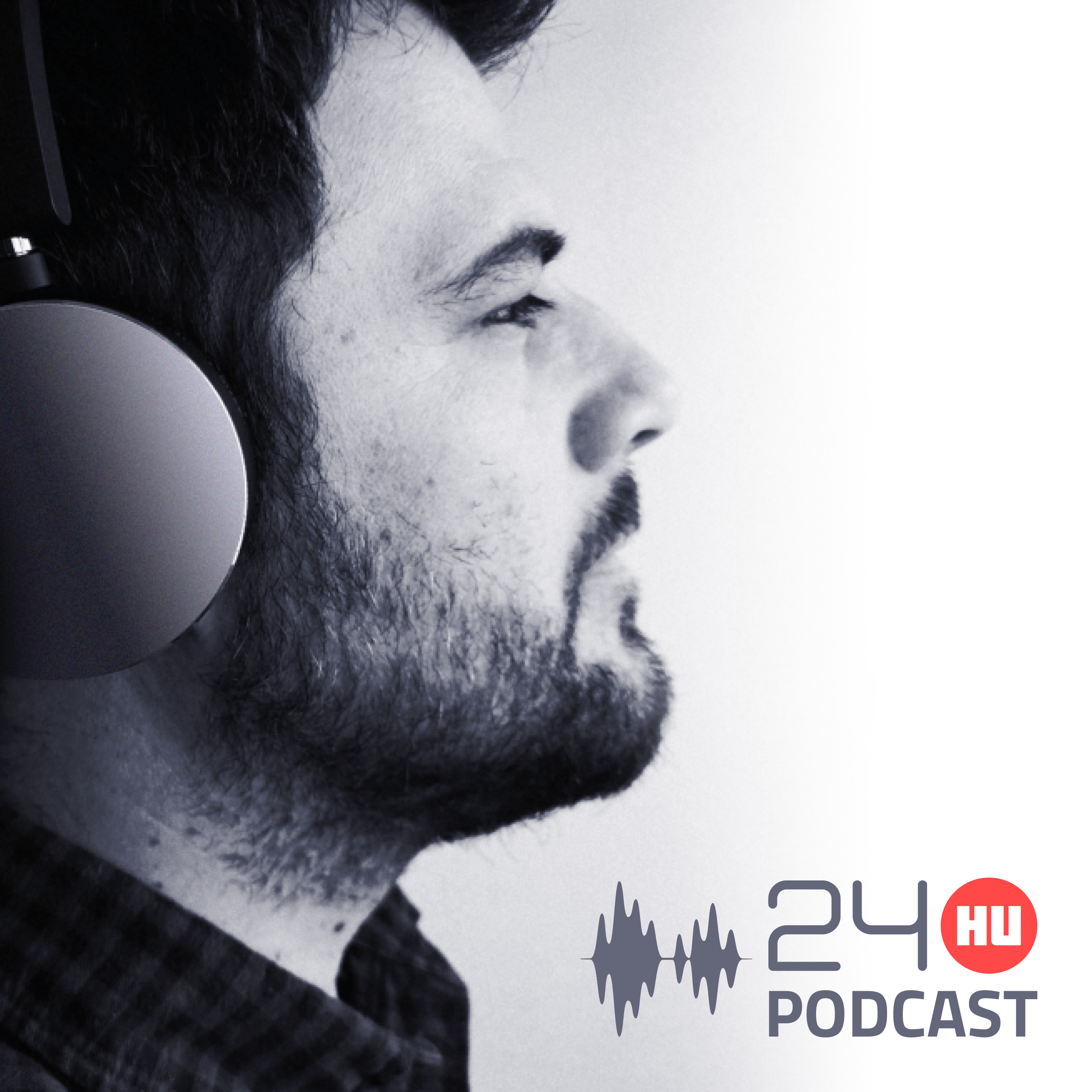 2 órája ezelőtt
4
2 órája ezelőtt
4


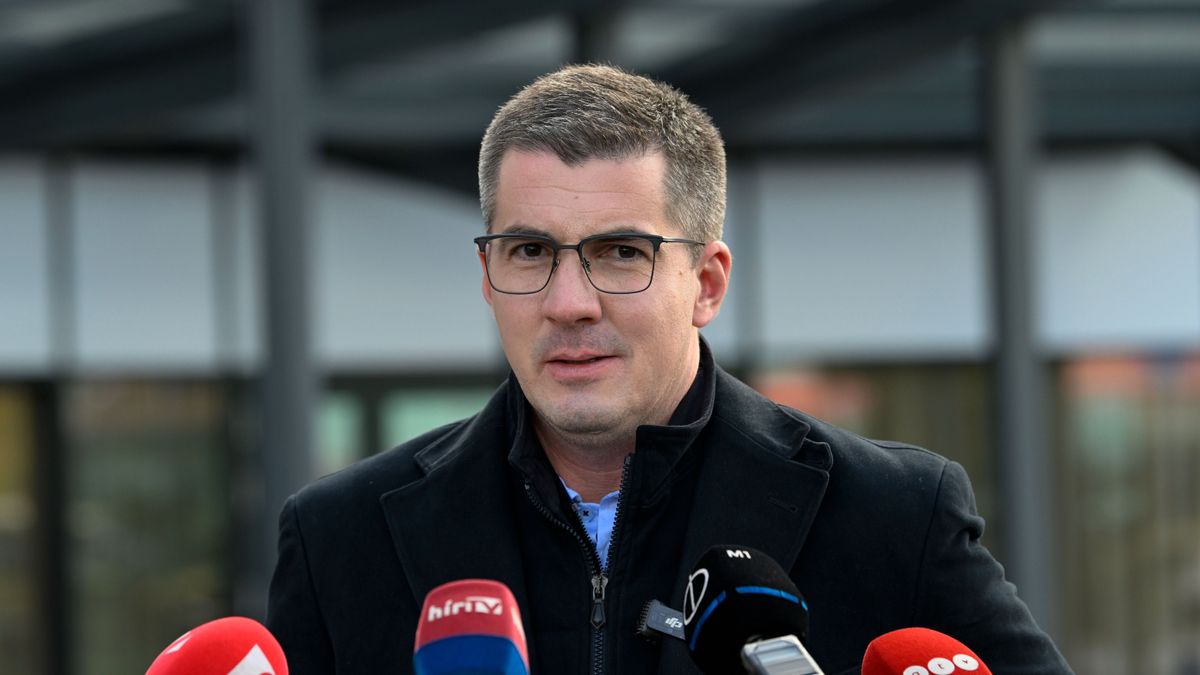

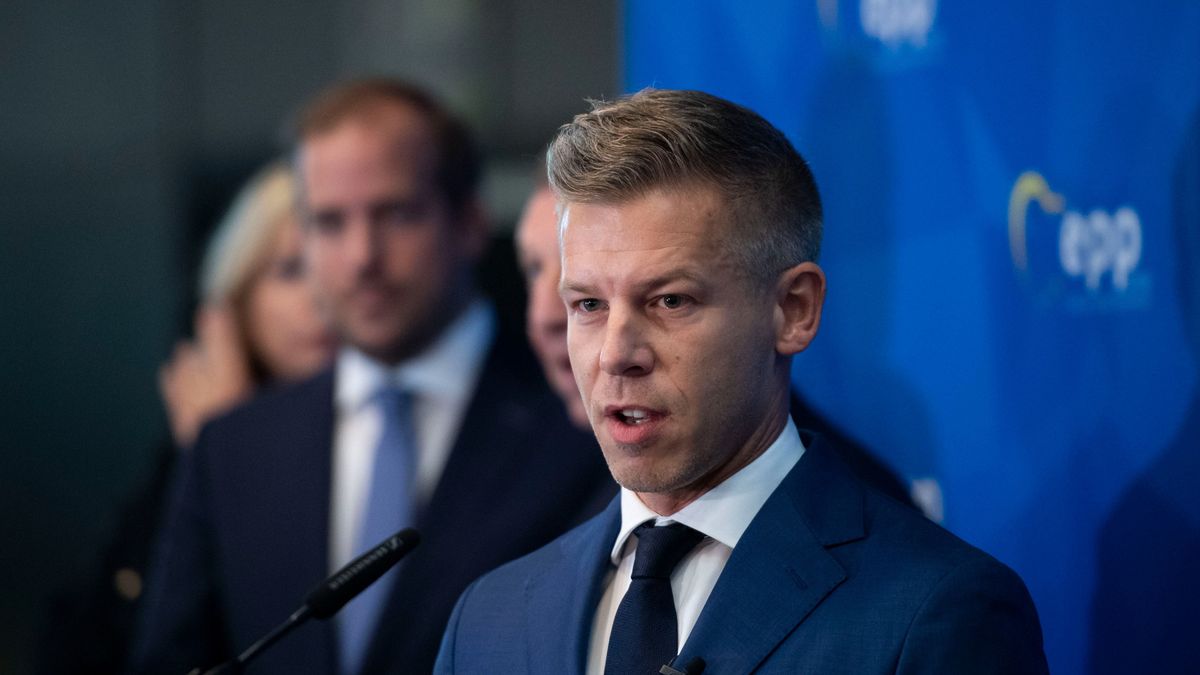
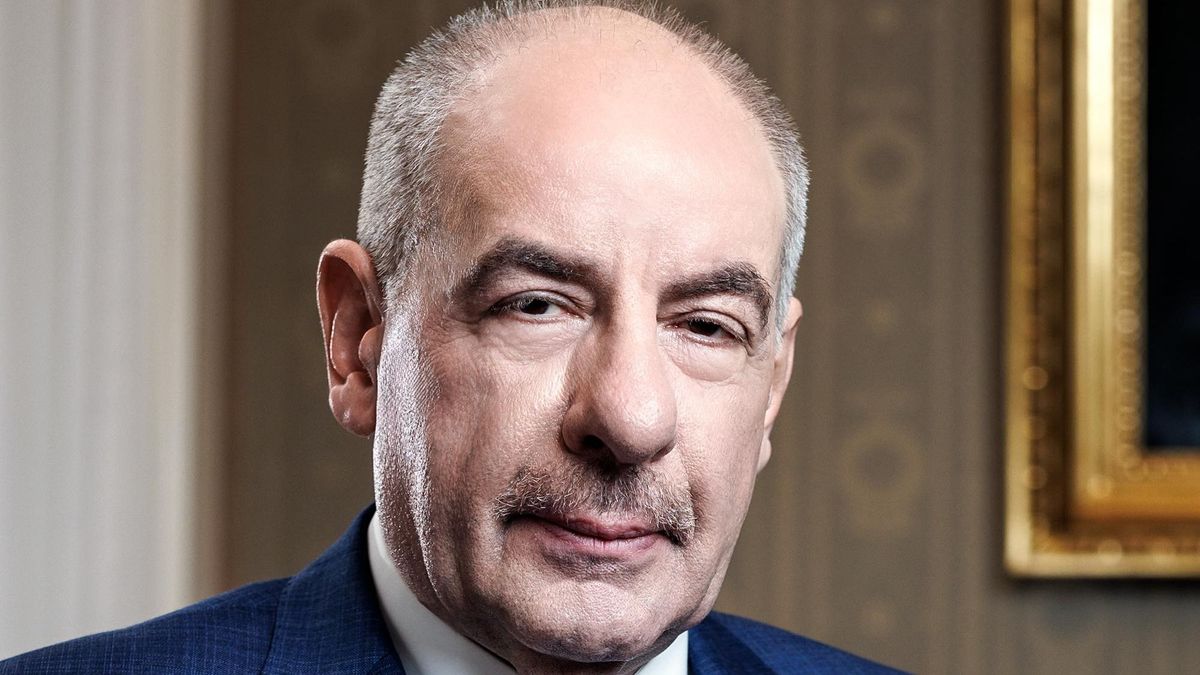


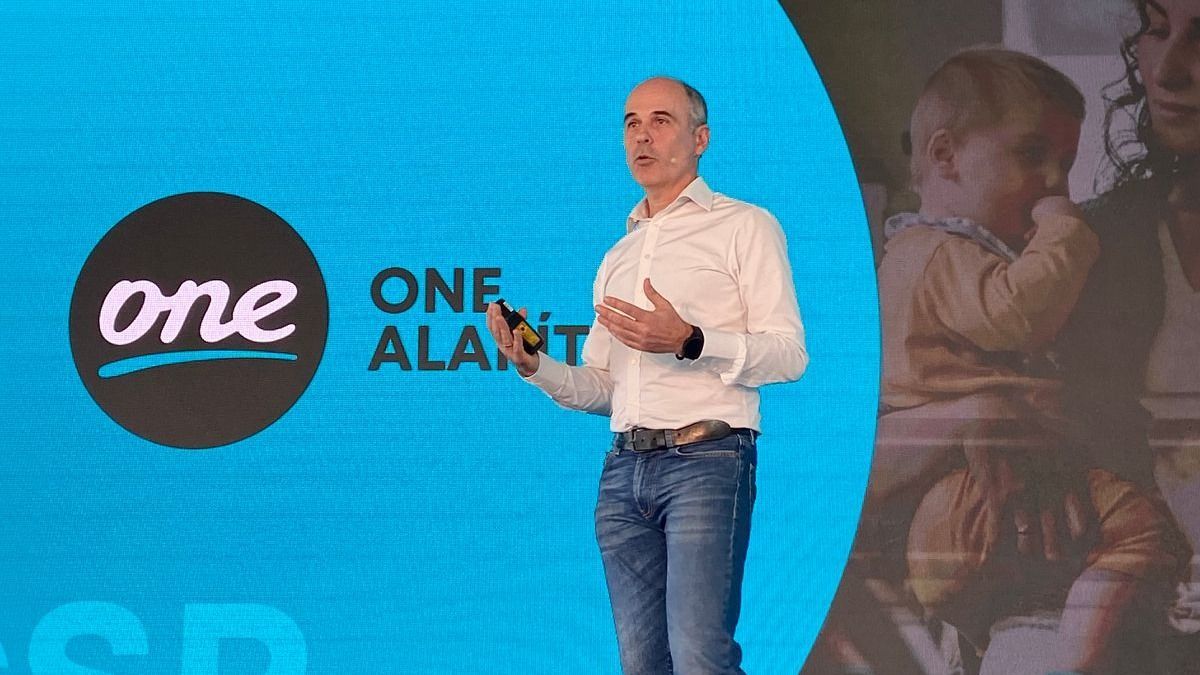


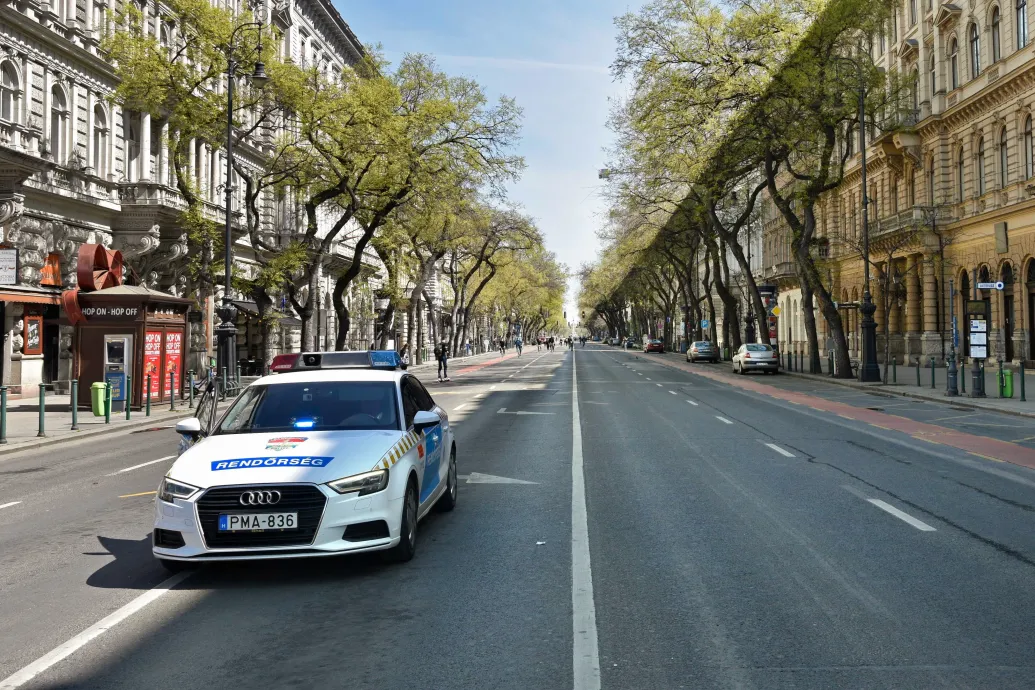

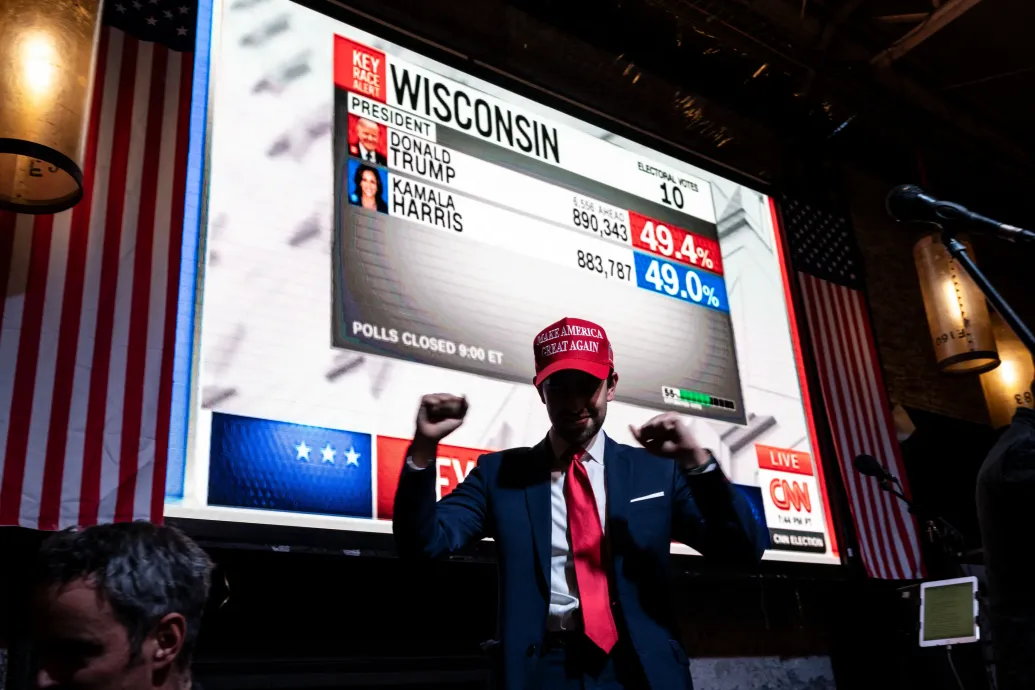

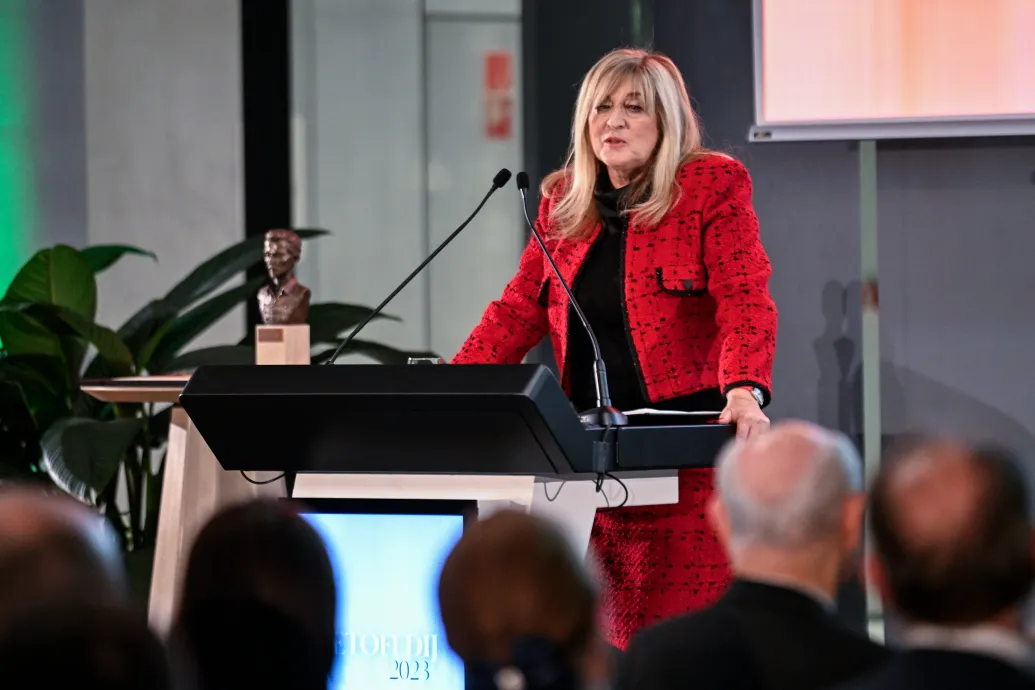

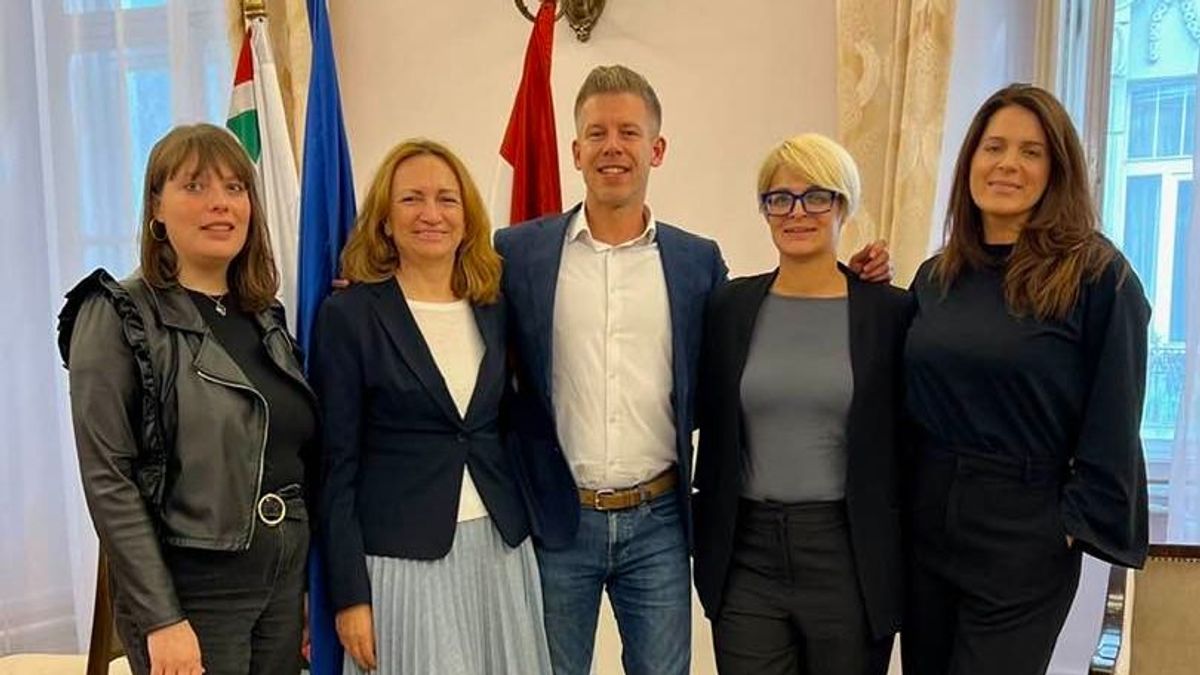









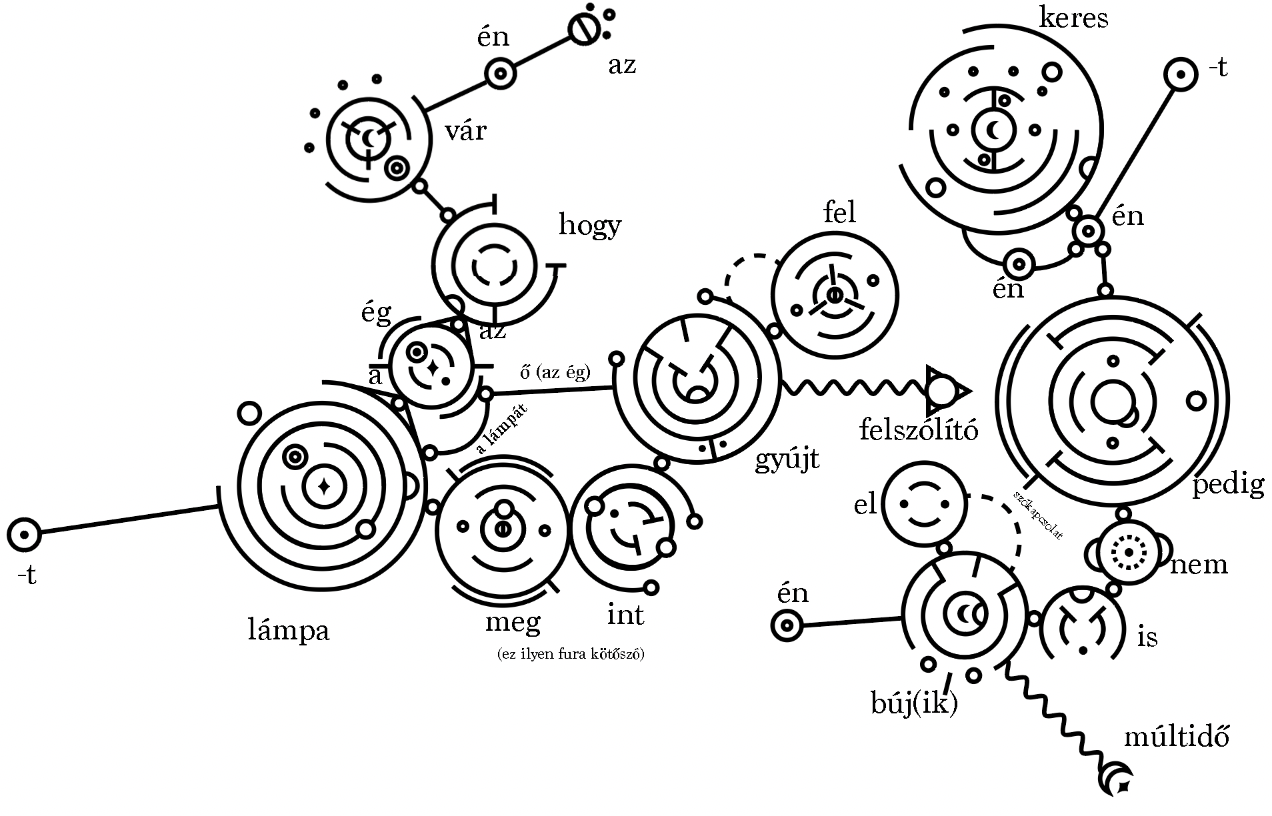








 English (US)
English (US)